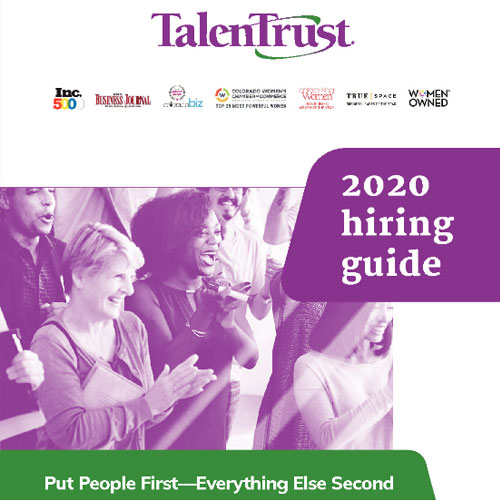

Always Be Cultivating for Top Talent – Developing Talent Pools

Six barriers to finding and keeping great people
Here are two things you should know about today’s candidate-first talent market

It Doesn’t Pay To Be Cheap
If there is one word that cuts through the complexity of employee compensation, it’s fairness. Fair pay for the actual work, and fair pay in relation to colleagues and market expectations. There are many reasons to make fairness the cornerstone of your compensation philosophy and practices, not the least of which are an increased ability to recruit and retain top talent. A reputation for fairness contributes to a stronger employer brand and helps increase employee productivity and loyalty. Being cheap, or even perceived as cheap, does the opposite.

Happily and Productively Remote
Not long ago, the CFO of a fast-growing $150 million company with 80 sales reps was planning to move to a bigger, better location. I suggested that he not move everyone into the new space and, instead, arrange for some of the reps to work remotely. I was shocked by his answer: “No, because I don’t trust them.” (I didn’t ask how the reps felt about him, but trust usually goes two ways.) There are still far too many business leaders who believe that if they can’t physically see their employees, the employees aren’t working.



